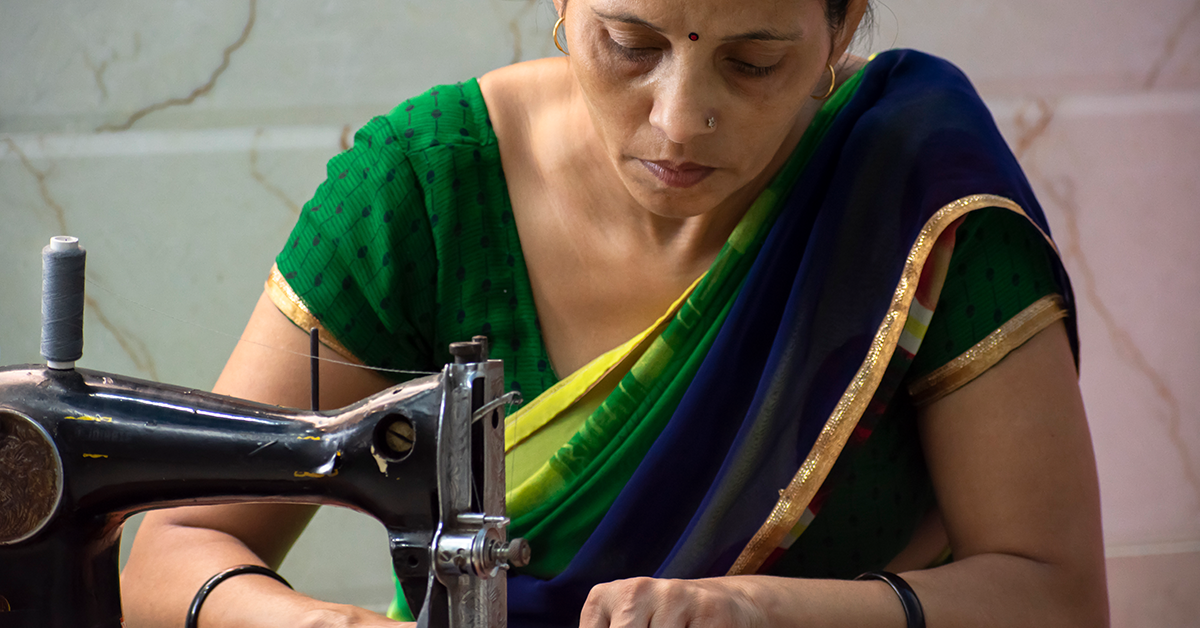Calcium and vitamin D are key players in maintaining bone health. Let’s have a look at how they work together to keep your bones strong and how much your bones need.
Calcium helps you build and maintain strong bones. 99% of the calcium in your body is found in your bones. The amount of calcium you require depends on your age and gender – for women over 50 and men over 70 years of age, more calcium is required to help maintaining good bone health.1 Despite this, according to the International Osteoporosis Foundation nearly all Asian countries fall well below the recommended daily calcium intake of 1,000–1,300mg per day.2 However, this can be fixed easily by eating plenty of calcium-rich foods.
Dairy products, including milk, cheese and yoghurt, are great sources of calcium – they are calcium-rich, which means you only need small serves. Did you know that low-fat dairy products have just as much calcium as full-fat dairy products?
Green leafy vegetables are another good choice, as is canned salmon and sardines, as these foods are also high in calcium. However, if your diet alone does not provide you with enough calcium, your doctor may suggest taking a supplement. Taking calcium supplements has been shown to have a positive effect on bone mineral density, especially in postmenopausal women.3
Your bones need vitamin D for two reasons – it helps your body to absorb and regulate calcium and also improves muscle strength. When skin is exposed to the sun, specifically ultraviolet B (UVB) light, your body produces Vitamin D. The amount of sun exposure needed to maintain the necessary levels of vitamin D is quite short, so many people are able to gain enough vitamin D while balancing the risk of skin damage from too much sun. It is understandable though, that this type of sun exposure might not be an option for some people because of the season, where you live, your age or skin pigmentation.4,5
The International Osteoporosis Foundation recommends that we all need at least 600 IU of vitamin D per day.6 And because your skin produces less vitamin D as you get older, seniors over the age of 60 should take a daily vitamin D supplement at a dose of 800 IU. Taking vitamin D supplements at this level has shown to reduce the risk of falls and fractures by approximately 20%.6 Did you know that vitamin D is a fat-soluble vitamin? This means that vitamin D supplements are best absorbed if you take them with food, so choosing to take your vitamin D supplement with a dairy product would be a great idea!
Your doctor may recommend you take supplements to makes sure you have calcium and vitamin D to support your bone health. It is important to remember that people at risk of broken bones from osteoporosis will need an osteoporosis medicine to reduce their risk of fractures – calcium and vitamin D alone don’t prevent fractures.7



References – Calcium & bones – What you need to know
1 Healthy Bones Australia. Calcium and bone health. healthybonesaustralia.org.au.
2 International Osteoporosis Foundation. The Asia Audit: Epidemiology, costs and burden of osteoporosis in Asia 2009. 2009. osteoporosis.foundation/audits.
3 Shea B, et al. Endocr Rev 2002;23:552–59.
4 International Osteoporosis Foundation. Serve up bone strength throughout your life. 2015. osteoporosis.foundation/educational-hub/material/brochures.
5 Healthy Bones Australia. Vitamin D and bone health. healthybonesaustralia.org.au.
6 International Osteoporosis Foundation. Vitamin D. osteoporosis.foundation/patients/prevention/vitamin-d.
7 International Osteoporosis Foundation. Love your bones: Protect your future. 2016. osteoporosis.foundation/educational-hub/material/brochures.